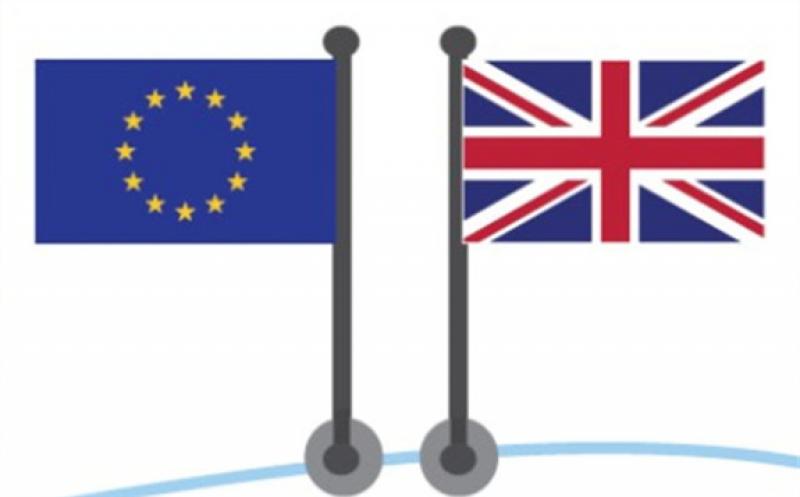Under the UK-EU ‘Brexit’ trade and cooperation agreement little if any changes are anticipated to the evolution of the respective energy sectors.

The energy sector provisions accounting for 15 pages and 33 articles in the 1,246-page Trade and Cooperation Agreement document are stated to “facilitate trade and investment between the Parties in the areas of energy and raw materials, and to support security of supply and environmental sustainability, notably in contributing to the fight against climate change in those areas.”
While the articles obviously indicate upcoming work to implement the agreement, they do not suggest any notable policy changes and very much the continuation of a ‘business as usual’ approach in the energy sectors on the two sides of the Channel, at least to the non legally trained writer of this article.
An EU summary document notes energy as one of the elements for connectivity and shared opportunities. It states that over the years, the EU and UK energy markets have become deeply interlinked due the electricity and gas interconnections built between them.
With Brexit the UK ceases to be a member of the European single market, but continued flows of energy will be facilitated with new trading arrangements to be implemented by April 2022. The aim is to maximise the capacity of both the electricity and gas interconnections. In the meantime, alternative trading arrangements will be in place for electricity, which may include the levy of a transmission system use fee.
Another key area of joint activity is the North Sea. The UK and EU will continue to cooperate on the development of renewables there as well as more generally, while aiming to meet their respective renewable energy and energy efficiency targets.
Under the agreement, the UK and EU must promote energy efficiency and the use of energy from renewable sources and they must ensure that support for electricity from renewable sources facilitates their integration in the electricity market.
Electricity and gas markets
Other provisions of the agreement include the competitiveness of electricity and gas markets, the reflection of actual supply and demand in wholesale prices, the prohibition of market manipulation and insider trading on wholesale markets and the implementation of a system of third-party access to the transmission and distribution networks.
The UK and EU must cooperate to facilitate the timely development and interoperability of energy infrastructure connecting their territories. The two parties also must ensure that network development plans for electricity and gas transmission systems are drawn up and regularly updated.
Cooperative arrangements also must be established between the respective transmission system operators and between the UK regulator Ofgem and the EU’s Agency for the Cooperation of Energy Regulators.
On the climate issue, a notable provision of the agreement is that it commits both parties to meeting the Paris Agreement, which alleviates possible concerns with the UK’s departure from the EU Emissions Trading Scheme.
Another body that sees the UK’s withdrawal is the European Atomic Energy Community (Euratom) with the inability to trade nuclear material and technology with the body. However, a separate agreement on the safe and peaceful uses of nuclear energy is aimed to facilitate trade, the supply of nuclear material and technology transfer among other uses.
Overseeing much of the energy provisions will be a new ‘Specialised Committee on Energy’, with representatives from both parties with “the appropriate expertise with respect to the issues under discussion”.